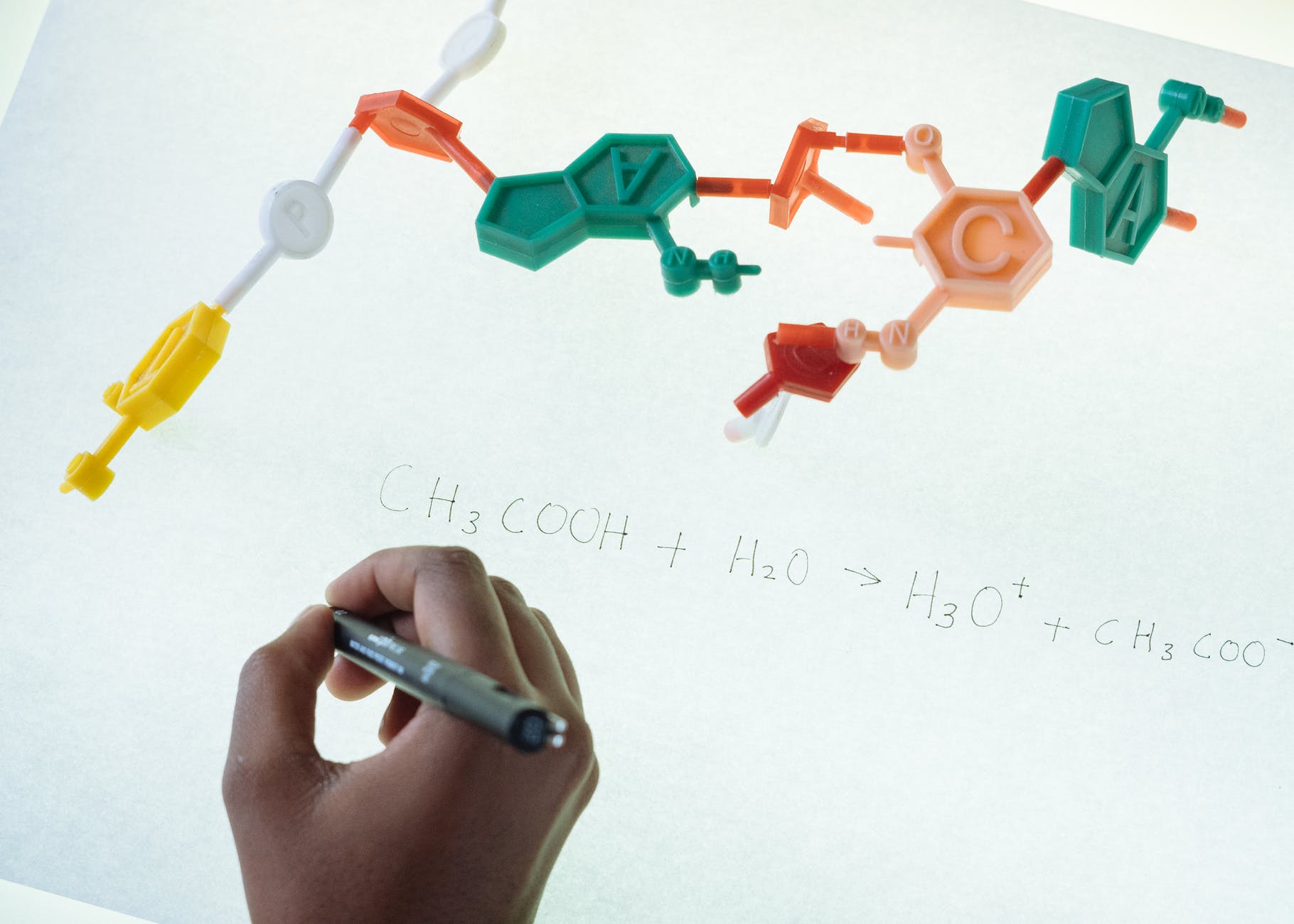Chemistry A Level
DEPARTMENT STAFF
Subject Leader: Mr Thompson
KS5 Subject Teachers: Mrs Adeleke, Mr Minihane
DEPARTMENT STAFF
Subject Leader: Mr Thompson
KS5 Subject Teachers: Mrs Adeleke, Mr Minihane
We use AQA as our exam board, just like we do at GCSE, so A Level Chemistry builds on this very successfully.
Topics Studied:
Year 12
Physical Chemistry – atomic structure, bonding, energetics, kinetics, chemical equilibrium and Le Chatelier’s principle.
Inorganic Chemistry – the periodic table, Group 2 (the Alkaline Earth Metals) and Group 7 (the Halogens).
Organic Chemistry – alkanes, alkenes, halogenoalkanes, alcohols, organic analysis.
Year 13:
Physical Chemistry – thermodynamics, rate equations, equilibrium constant, electrochemistry.
Inorganic Chemistry – Period 3 elements and their oxides, transition metals, reactions of ions in aqueous solution.
Organic Chemistry – Optical Isomerism, aldehydes and ketones, carboxylic acids and their derivatives, amines, polymers, amino acids, proteins, DNA, organic synthesis, nmr spectroscopy, chromatography.
Practical Skills: Practical Skills are assessed throughout the course. Students complete twelve ‘required practicals’ during the A Level. You will steadily improve your practical skills, becoming proficient at planning and carrying out experiments safely, and you will be able to analyse and interpret your results, drawing relevant conclusions. Practical skills are graded as Pass or Fail.
Assessment: A Level Chemistry is a linear course with three exams, all two hours long, at the end of Year 13.
Entry Requirements: Five Grades 9-5 at GCSE including Mathematics and Grade 7-6 in Combined Science Trilogy or 7-6-6 in the Separate Sciences

The top five degrees studied by students with A Level Chemistry are: Chemistry, Biology, Medicine, Mathematics and Pharmacology. Other options are Physics, Aeronautical Engineering, Chemical Engineering, Medicine, Biochemistry, Mechanical Engineering, Pharmacy, Environmental Sciences, Chemical Physics and many others.
Possible Careers: Chemistry is a numerate subject so it opens doors in many areas. analytical chemist, chemical engineer, clinical biochemist, research scientist, toxicologist, environmental scientist, university lecturer, lawyer, chartered accountant, science writer, secondary school teacher, patent attorney, dentist, doctor.
Further Reading
Periodic Tales: The Curious Lives of the Elements by Hugh Aldersey-Williams
Climate Change – A Very Short Introduction by Mark Maslin
Rachel Ignotovsky – Women In Science: 50 Fearless Pioneers Who Changed the World
Student studying Chemistry at university – Phinyada Kankraisri
